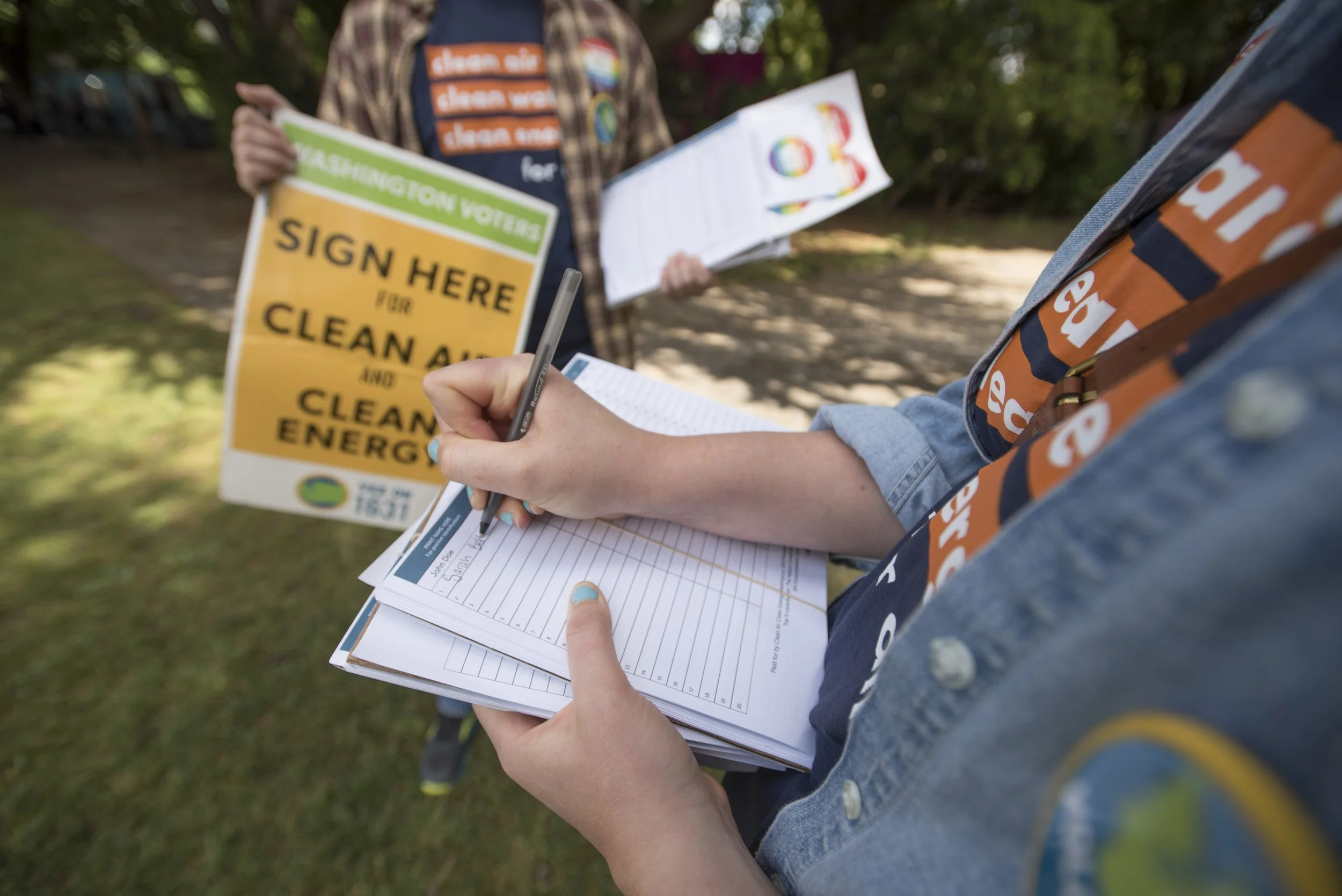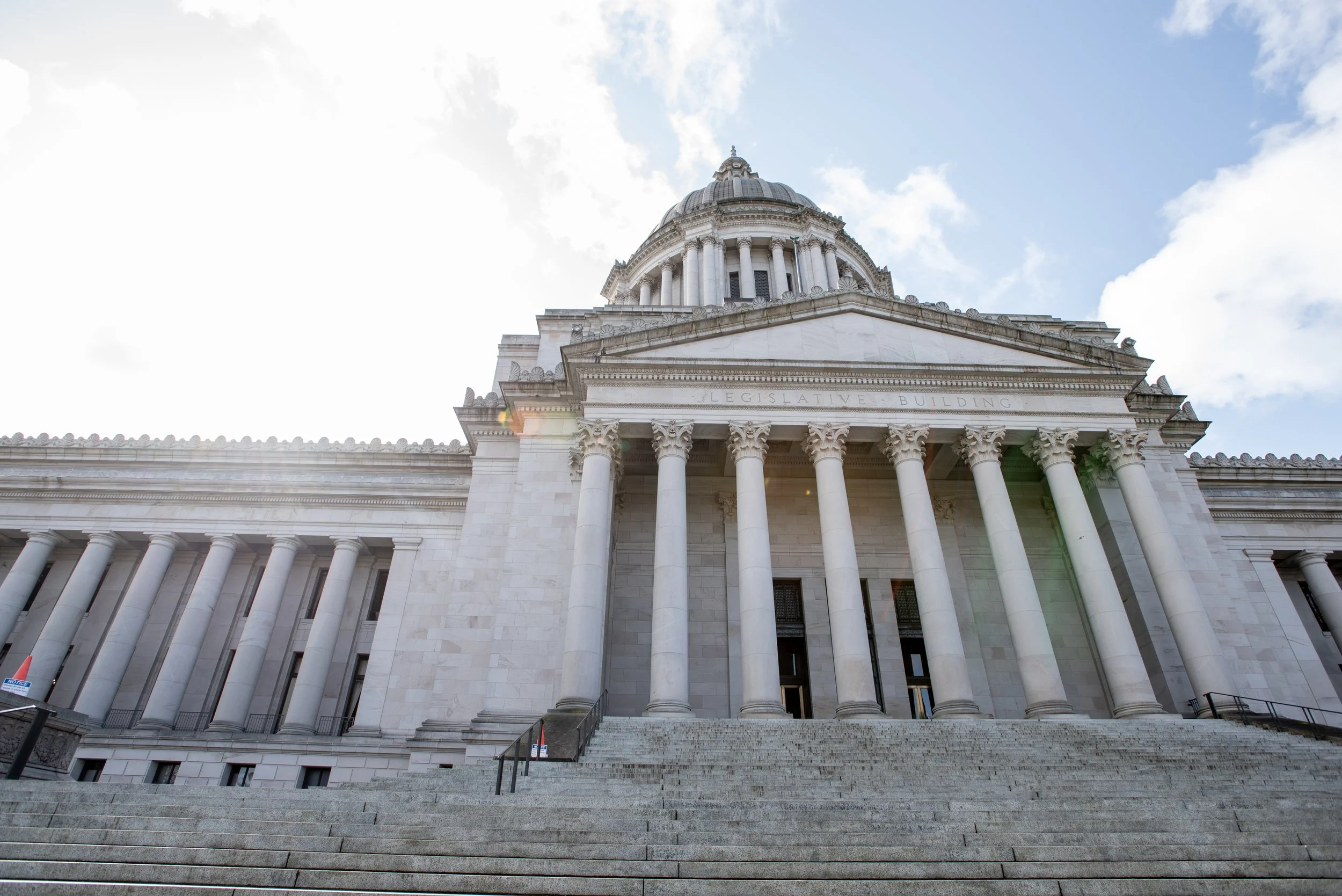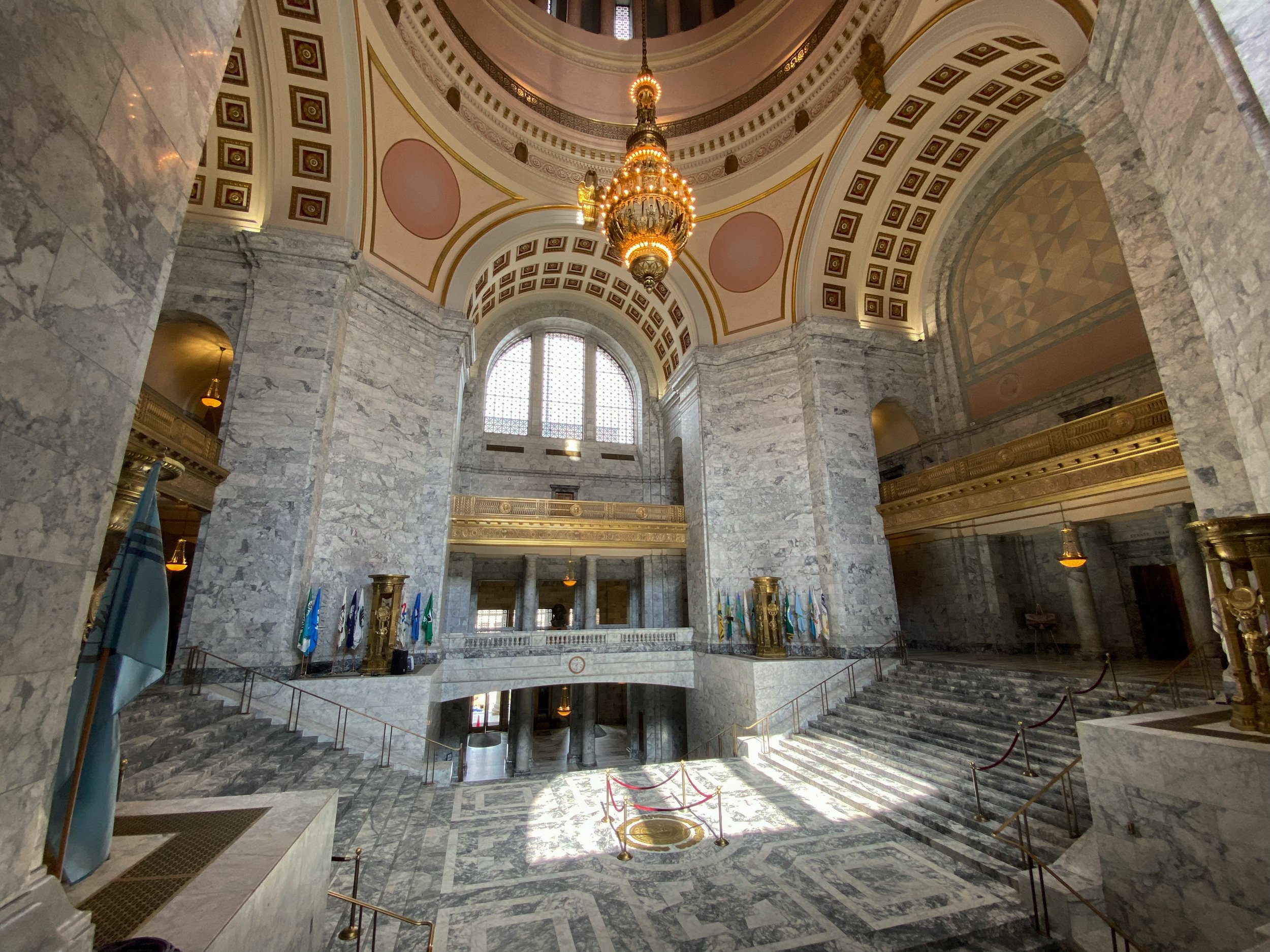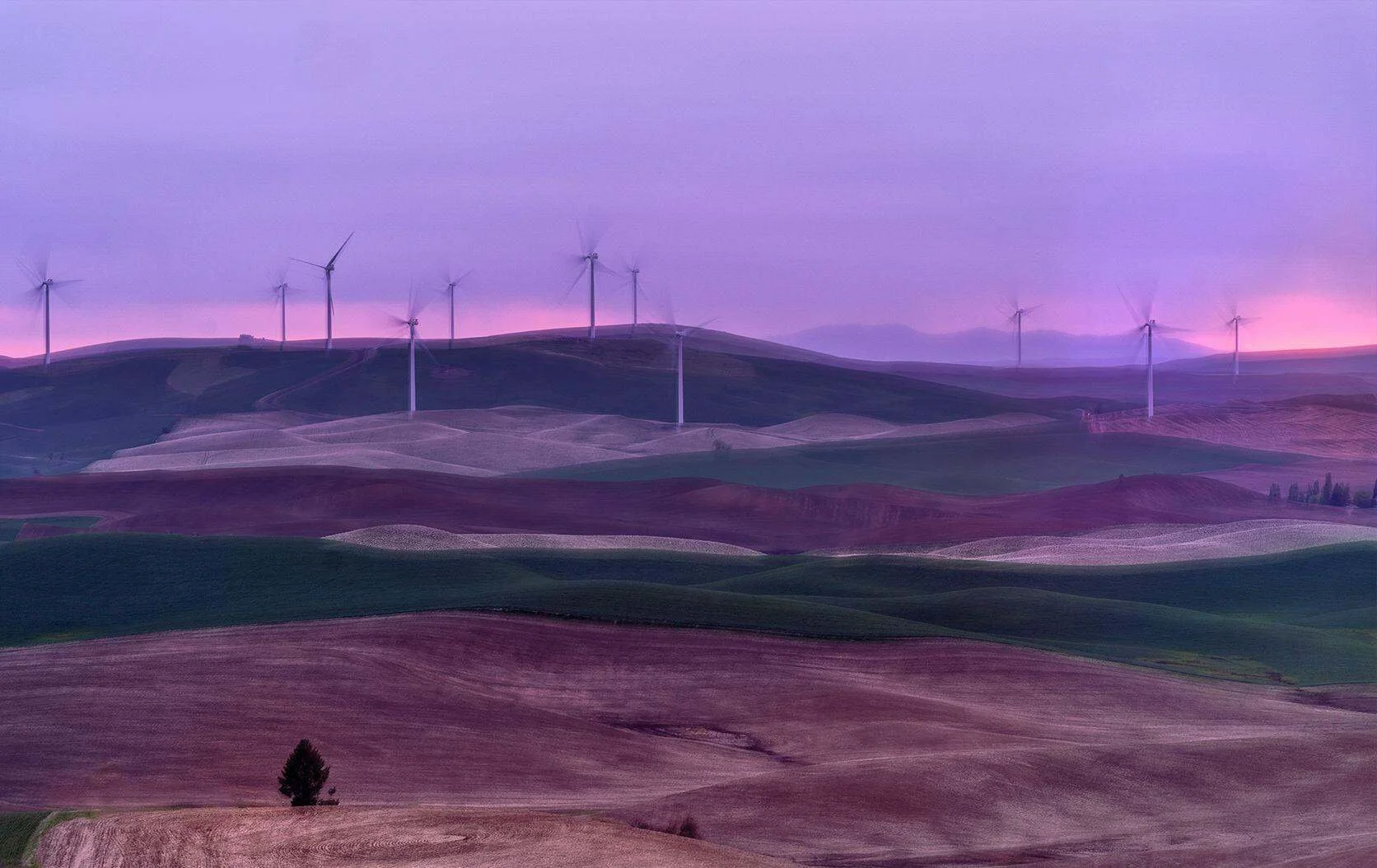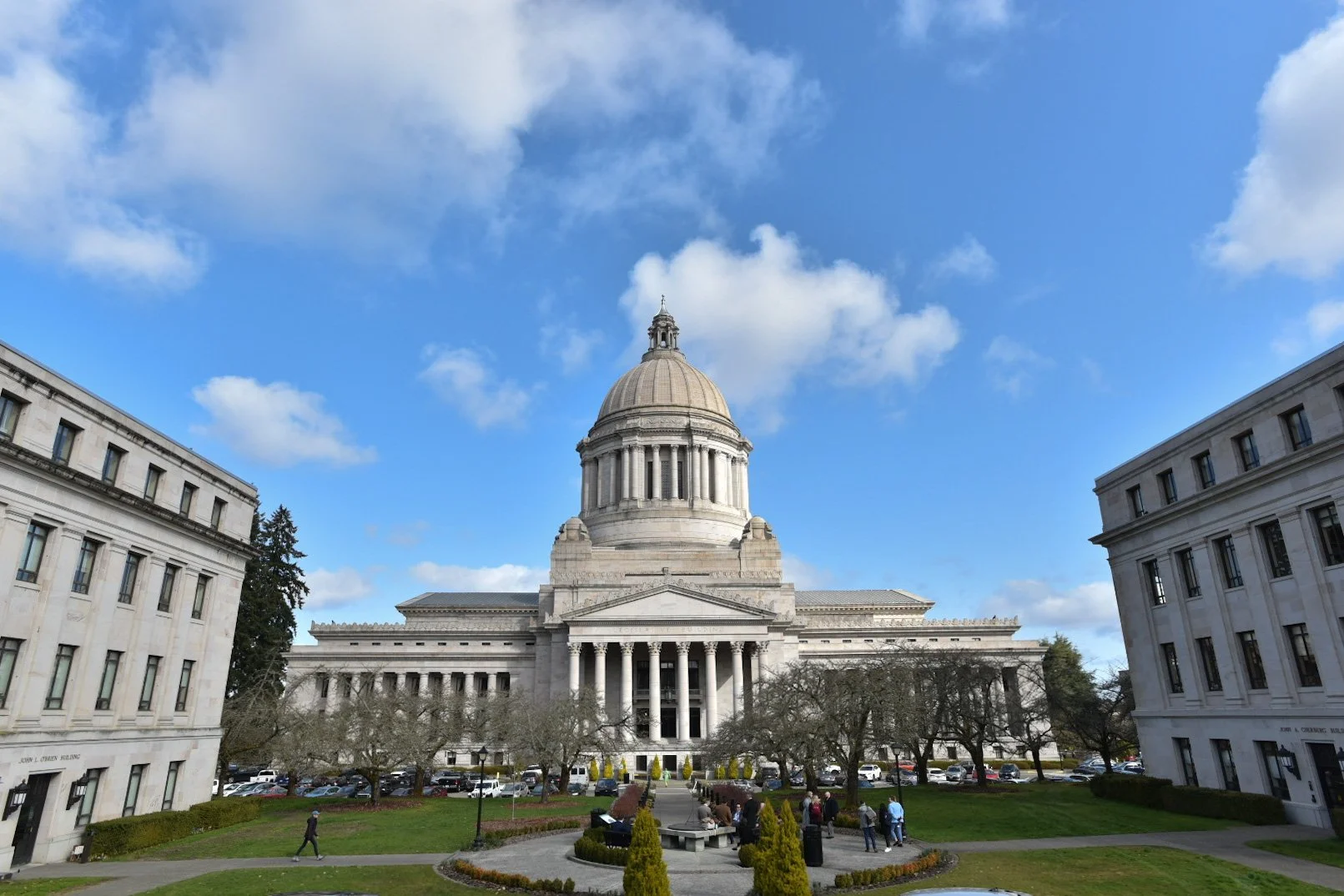Does your takeout fight climate change?
Some scrumptiously sustainable activity is happening right under our noses. Restaurants across Washington have found a way to turn trash into treasure — at least, to turn a waste product into an income generator, and fight climate change while doing it.
They’re called “circular restaurants,” so named because they’re working toward a circular economy — one where there’s no such thing as waste, where products are made to be reused, repaired, recycled — a regenerative system that benefits the whole of society.
You might not know that your favorite takeout place is on the growing list of eateries that are recycling their used cooking oil into sustainable biofuel. Seattle’s International District is a hotspot of circular restaurants, with dozens of local favorites teaming up with biofuels producers who collect and transform the oil into renewable diesel, sustainable aviation fuels and more. These cleaner-burning biofuels can be blended into fossil fuels to decrease the overall carbon footprint of the fuel product, which can be used in place of “regular,” polluting fossil diesel. Drivers of trucks, farm equipment and passenger vehicles like vans and SUVs that use diesel can use cleaner fuels without making any changes to their rides.
Cleaning up our transportation sector is a crucial part of fighting climate change. And we have a long way to go in Washington — with more than 40% of our climate-changing emissions coming from cars, trucks, buses and other vehicles. But we can get there - with policies like a Clean Fuel Standard (HB 1091), under consideration at the Legislature right now.
Our neighbors in Oregon, California and British Columbia all have Clean Fuel Standards, which means that biofuel companies like Neste and SeQuential do more of their business there than here. Much of the used cooking oil from Washington restaurants currently heads out of state to be made into cleaner-burning, sustainable fuels. With our own standard in place, we’d be on an even playing field with our neighbors, sending local oil to local biofuel refineries. We’d be closer to “closing the loop” here and drawing job-creating businesses like these to Washington, where there’s huge potential for growth in an industry that does well by doing good.
We’d also be doing our lungs a favor — cleaner fuels mean cleaner air, which is more important than ever as our population grows, wildfire risk continues to increase, and Covid continues to attack respiratory systems. It’s no surprise that the Washington Environmental Health Disparities Map shows us higher incidences of asthma and other health problems in neighborhoods closer to transportation corridors. This can and must change.
A Clean Fuel Standard alone won’t solve the climate crisis, but it’s a foundational policy for moving us toward a more sustainable future and a more “circular,” regenerative economy. Bookmark the circular restaurants page and check back for restaurants in Tacoma, Spokane, Vancouver and beyond — and tell your legislators you want to see more of this in Washington with a Clean Fuel Standard.
Banner photo: fried fish tacos by Andrew Kornylak.




